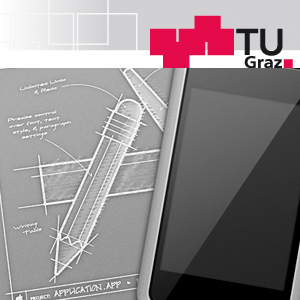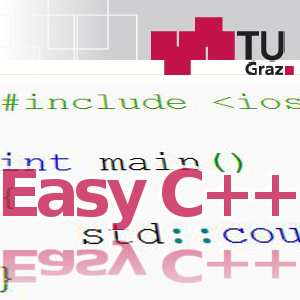Die TU Graz, im Speziellen meine Abteilung Vernetztes Lernen in Zusammenarbeit mit dem Büro für LifeLongLearning sucht ab sofort eine(n) ProjektmitarbeiterIn. Es startet ab WS 2010/2011 ein weiterers Podcast Projekt, welches einer didaktischen und evaluatorischen Begleitung bedarf.
Interessenten bitten wir um eine schriftliche Bewerbung bis spätestens 31.05.2010. Weitere Details können derAusschreibung entnommen werden.
Mit dieser Ausschreibung verabschiede ich mich auch in die Osterfeiertage und wünschen allen eine schönes Osterfest.








